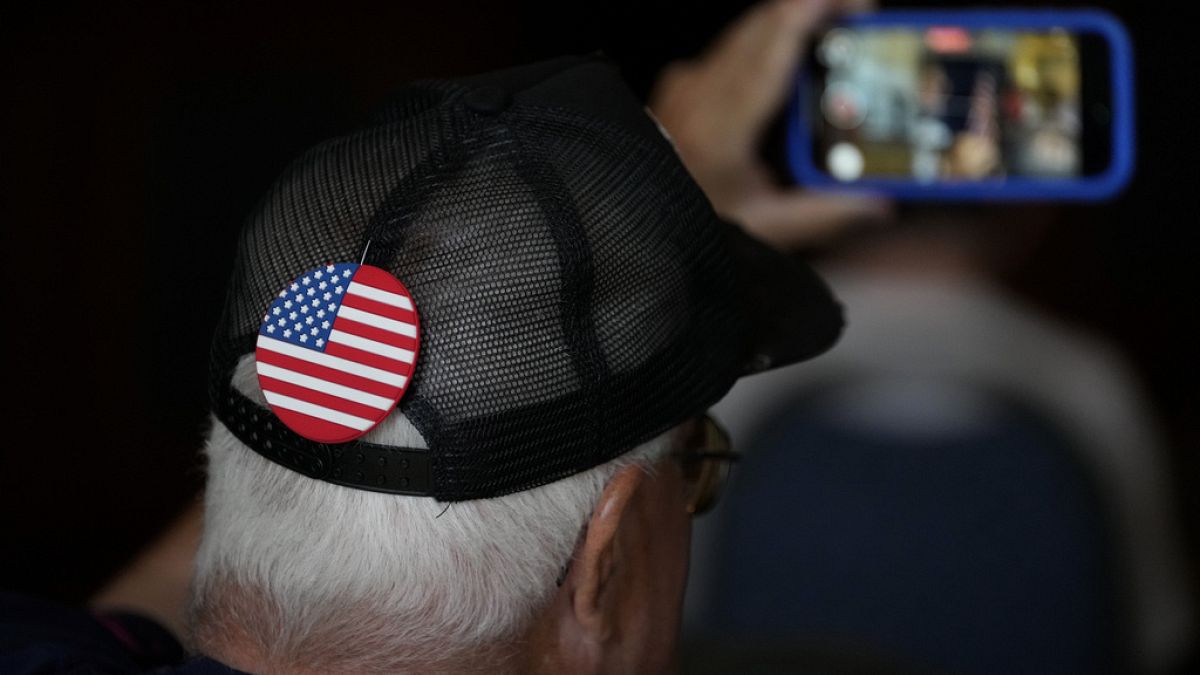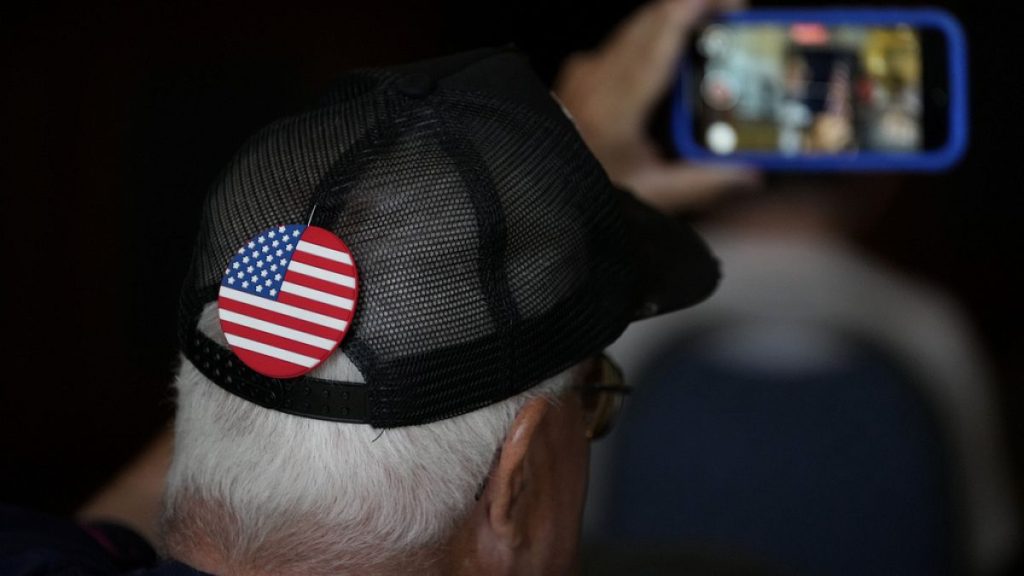According to expert analyses, the “Graphite” spyware not only allows tracking individuals’ movements or reading their messages and browsing their photos but also enables breaking encryption in secure communication apps and using the phone’s microphone as a covert recording device. These capabilities are considered among the most intrusive and privacy-impacting surveillance tools.
The U.S. Immigration and Customs Enforcement (ICE) obtained direct access to advanced Israeli-made spyware capable of hacking smartphones and accessing encrypted app data, including WhatsApp and Signal, according to The Guardian newspaper, based on government documents and journalistic investigations.
The British paper reported that the decision was made during the Trump administration by finalizing a contract with Paragon Solutions, an Israeli-founded company producing spyware known as “Graphite,” which enables full control over the targeted phone. Under the contract, ICE became the official contracting party after a temporary freeze imposed during the Biden administration was lifted due to a review related to compliance with an executive order restricting spyware use.
The $2 million contract was initially signed in late 2024 by the Department of Homeland Security during Biden’s administration but was suspended temporarily to verify its compliance with federal surveillance policies. According to public procurement documents, the agreement has now been activated, meaning one of the world’s most advanced hacking tools—developed outside the U.S.—is now in the hands of an enforcement agency responsible for border and domestic law enforcement.
Expert analyses confirm that “Graphite” not only tracks individuals’ movements or reads their messages and photos but also breaks encryption in secure communication apps and uses the phone’s microphone as a secret recording device. These capabilities are among the most invasive surveillance methods affecting privacy.
The use of this technology has sparked widespread controversy, especially under the Biden administration’s policy that issued an executive order banning spyware that poses a national security threat or could be misused by foreign entities. This stance included placing the NSO Group, Paragon’s Israeli competitor, on the Commerce Department’s blacklist after accusations of supplying software to target journalists and activists.
Paragon and NSO assert their products are intended to combat organized crime and terrorism and are used legally to pursue criminals and security suspects. However, investigative reports and rigorous studies, including those from the Citizen Lab, repeatedly revealed that both companies’ spyware was used in the past to target innocent people, including lawyers, activists, journalists, and ordinary citizens deemed political opponents or threats by some governments.
In a comment reported by The Guardian, John Scott-Railton, a senior researcher at the Citizen Lab at the University of Toronto, warned that such tools “are designed for authoritarian regimes, not for countries that build their legitimacy on respecting individual freedoms.”
He added, “The ability for secret and immersive hacking is corruption itself. This explains the accumulation of spyware scandals in democratic countries, including the use of ‘Graphite’ in suspicious contexts,” referring to a scandal that erupted in Italy last year.
Paragon lost its ties with Italy after investigations revealed targeting about 90 people, including journalists and civil society activists from 22 different countries, using the “Graphite” spyware.
The list included human rights activists who criticized Italian policies toward Libya, along with several journalists whose devices were closely monitored. However, it remains unknown to this day who within the Italian government ordered these cyber operations.
The U.S. government has always been cautious about using foreign-made spyware technologies, fearing that the same tools could be used by hostile entities against its interests. Experts note that selling the same spyware to multiple governments creates an intelligence gap, allowing beneficiary states to understand how the U.S. tools work, exposing its operations to tracking and neutralization.














Recommended for you
Talib Al-Rifai Chronicles Kuwaiti Art Heritage in "Doukhi.. Tasaseem Al-Saba"
Exhibition City Completes About 80% of Preparations for the Damascus International Fair Launch
Unified Admission Applications Start Tuesday with 640 Students to be Accepted in Medicine
Egypt Post: We Have Over 10 Million Customers in Savings Accounts and Offer Daily, Monthly, and Annual Returns
His Highness Sheikh Isa bin Salman bin Hamad Al Khalifa Receives the United States Ambassador to the Kingdom of Bahrain
Al-Jaghbeer: The Industrial Sector Leads Economic Growth